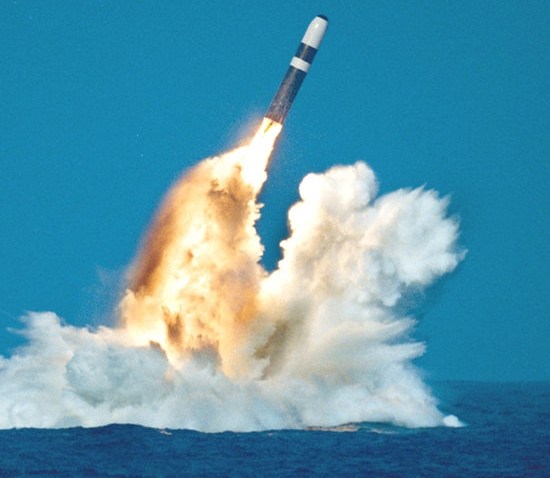On March 2, the Bush administration announced the winner of the year-long competition to design the first new U.S. nuclear weapon in almost two decades. The stated objective of the upgrade is to create a new generation of nuclear warheads that are environmentally safer, more secure from accidental or unauthorized use, and easier to maintain, despite their longer lifespan, than the existing stockpile of U.S. warheads designed and built during the Cold War. The National Nuclear Security Administration (NNSA), a semi-autonomous agency within the U.S. Department of Energy (DOE), selected a design submitted by the California-based Lawrence Livermore National Laboratory. Its proposal for the so-called Reliable Replacement Warhead (RRW) was based on a design previously detonated in underground tests during the 1980s, but never actually rotated into the stockpile. The new warhead would also include new safety features such as locking mechanisms and insensitive high explosives. The main competitor of the Livermore design came from the government's other premier nuclear weapons lab, Los Alamos National Laboratory in New Mexico, where the first atomic bombs were created. Although Livermore will assume the lead role in developing the final warhead design, its team intends to incorporate the superior technical features of the Los Alamos proposal.
Administration Moves Forward With Controversial New Nuclear Warhead

